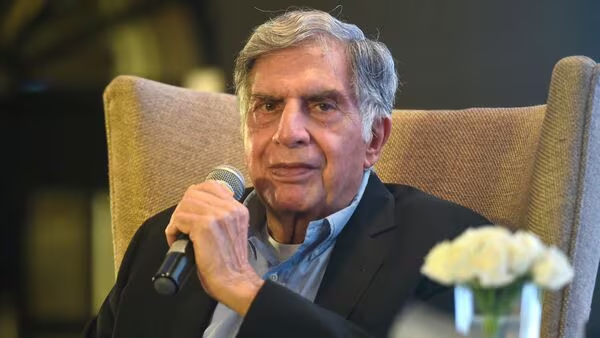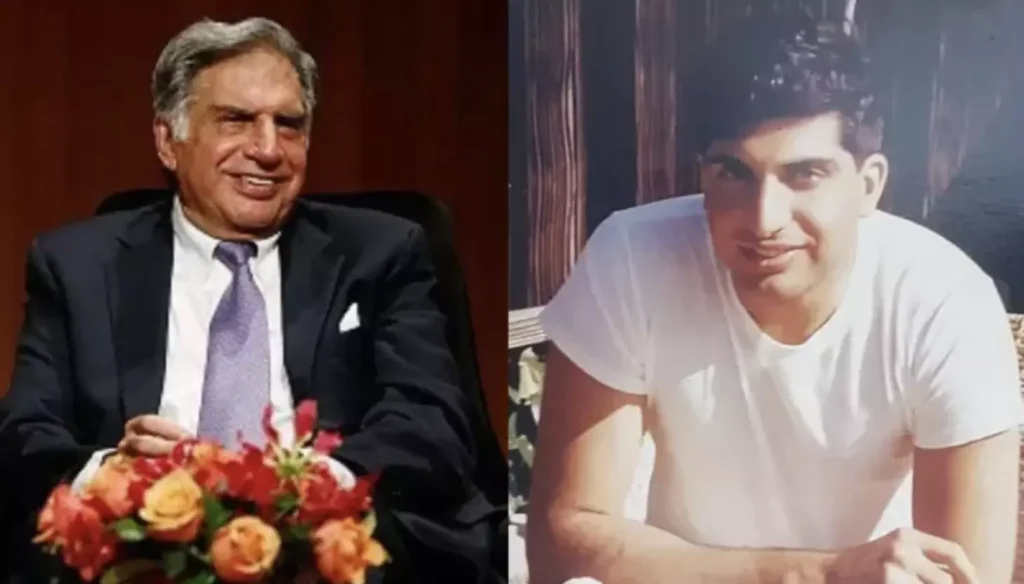On the morning of October 9, 2024, India woke up to the heartbreaking news of Ratan Tata’s demise at the age of 86. Tata reportedly passed away peacefully at his Mumbai residence due to age-related ailments. His death marked the end of an era in Indian business and left the nation in deep mourning.
Tributes from across the globe flooded in, with Prime Minister Narendra Modi calling Tata a “true visionary and a leader of men.” Business figures like Mukesh Ambani and Anand Mahindra remembered him as a role model who shaped Indian industry.
Tata’s departure has left a void not only in the business world but also in the hearts of millions who admired him for his integrity, humility, and humanitarian efforts.
Early Life and Education
Born on December 28, 1937, in Mumbai, Ratan Tata was raised by his grandmother after his parents separated during his childhood. Despite hailing from the prestigious Tata family, he was brought up with values of simplicity, humility, and compassion.
Tata completed his schooling at Campion School, Mumbai, before moving to the United States to pursue higher education. He graduated from Cornell University in 1962 with a degree in architecture, although his true calling lay in business. Determined to contribute to his family legacy, he returned to India soon after.
The Start of His Career at Tata Sons
Ratan Tata’s entry into Tata Sons was humble. In 1962, he began working at Tata Steel as a floor manager, an experience that would shape his leadership style for years to come. Working alongside blue-collar workers, Tata learned the importance of understanding the nitty-gritty of business operations. This period of his life showed his resilience and determination to rise through the ranks.
Taking Charge as Chairman of Tata Sons
In 1991, Ratan Tata assumed the role of chairman of Tata Sons, succeeding the legendary J.R.D. Tata. Initially met with skepticism, Tata proved his critics wrong by transforming the Tata Group into a global powerhouse. Under his leadership, the company expanded its international footprint by acquiring brands like Jaguar Land Rover, Tetley Tea, and Corus Steel.
Challenges and Business Successes
The 1990s and 2000s were a period of major challenges for Tata Group. As globalization brought fierce competition, Ratan Tata took bold risks to keep Tata competitive. His visionary approach allowed Tata Group to diversify into newer sectors, including technology, telecommunications, and consumer goods. One of his most ambitious projects was the launch of the Tata Nano in 2008, which aimed to provide affordable cars to millions of Indians. Although the project was not a commercial success, it was emblematic of Tata’s commitment to innovation.
Philanthropy and Humanitarian Work
Ratan Tata was not just a successful businessman—he was also a deeply philanthropic individual. Throughout his career, he directed a significant portion of Tata Group’s profits toward various social causes, making the Tata Group one of the world’s largest philanthropic organizations.
Ratan Tata actively contributed to education, healthcare, disaster relief, and rural development, demonstrating his belief that businesses have a responsibility to give back to society.
His efforts extended beyond India, as he supported global initiatives such as cancer research and clean energy projects. Through both his philanthropy and business ventures, Tata consistently aimed to improve the world for everyone.
A Humble and Respected Leader
An Icon’s Legacy Lives On
Ratan Tata’s demise may have ended a chapter in Indian business, but his legacy is far from over. The Tata Group, under his leadership, became synonymous with integrity, innovation, and philanthropy. His life’s work is a model of corporate responsibility and ethical leadership, values that will continue to shape India’s future.
The impact of his humanitarian work and his visionary approach to business will resonate for decades to come, inspiring future generations of entrepreneurs and leaders to build with purpose and compassion. While the man himself may no longer be with us, his ideals and influence will endure.
For more details on Ratan Tata’s contributions to Indian industry and his philanthropic efforts, visit BBC News.




